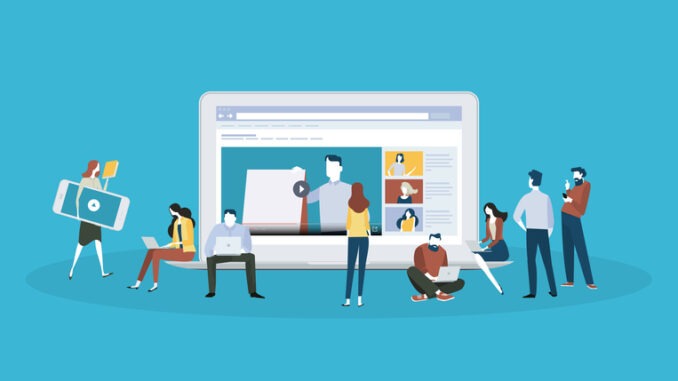
How to access digital skills to help you in your daily life and career
CREDIT: This is an edited version of an article that originally appeared on gov.uk
Essential digital skills are a step towards learning lots of other new things. They can improve your confidence to use technology for work, learning and daily life. Many jobs today need digital skills; you need them even for jobs that do not ask for high levels of qualifications or experience. Essential digital skills include being able to:
- use devices like a computer, tablet or mobile ‘phone for simple, personal and work tasks;
- find and use information on the internet;
- understand how to be safe and responsible online;
- communicate socially and professionally using email, messaging and social media;
- shop, bank, access services or apply for a job online.
Being more confident in using the internet and communicating online can:
- help you keep in touch with family and friends;
- make everyday life easier;
- increase your chances of getting and keeping a job;
- improve your access to information, advice and services;
- open up learning, training and career opportunities.
As technology advances, most jobs are beginning to need some level of digital skills. Technology is also creating lots of exciting new jobs. These jobs will need workers with the confidence to:
- use the internet on a mobile ‘phone, tablet, laptop or PC;
- communicate online using email and social media;
- work from home or a remote location;
- create online accounts to access information;
- search for reliable information online;
- behave safely and legally online.
There are lots of ways to get help, and free courses to help you improve your digital skills. You could:
- find an online course on essential digital skills in the Skills Toolkit;
- use Learn My Way or Lloyds Bank Academy to gain digital skills for daily life. For example, for online banking, shopping and helping children with schoolwork;
- use your local library – you can book time on a PC and use their learning resources;
- sign up for a course at your local college or adult education service.
There are lots of flexible ways to learn at your own pace, in your own time and in a place where you feel comfortable. If you do not like the idea of doing a course, you could start off by asking a friend or family member to help you get online.



Be the first to comment